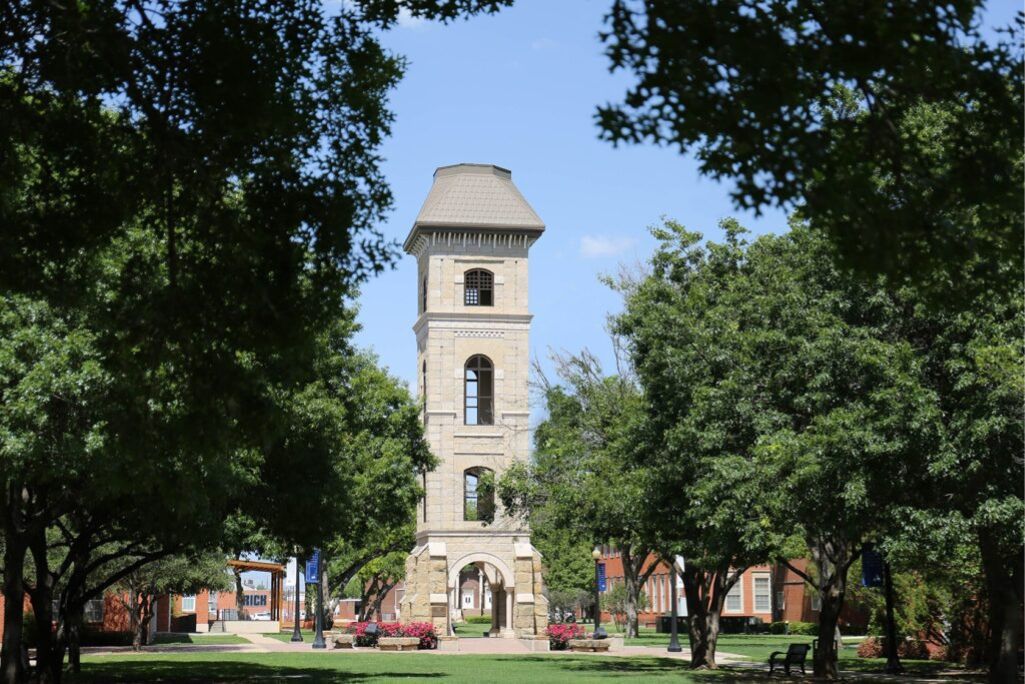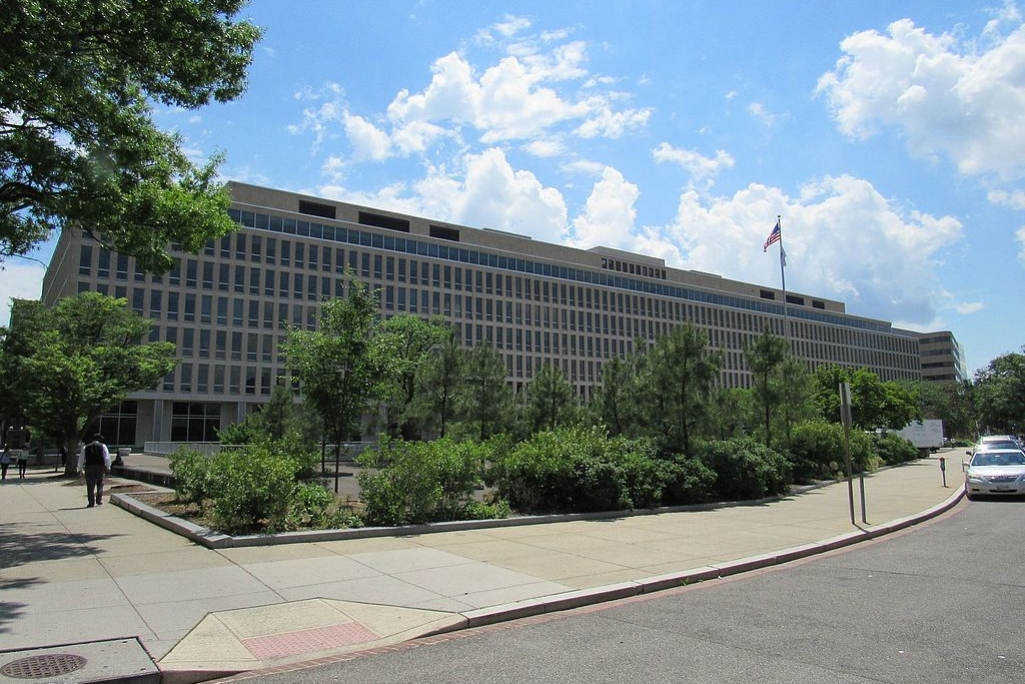
BROWNWOOD, Texas — Howard Payne University (HPU) won a successful appeal from the Department of Education’s review committee, clarifying ownership and scoring a victory for the Baptist General Convention of Texas (BGCT) and related or affiliated educational institutions.
On July 1, the Department of Education updated Title IV federal regulations regarding program participant agreements with institutions that receive federal loans, Pell Grants and Federal Work Study funds.
The regulation requires the program participation agreement — which must be renewed every 10 years — to be signed by an authorized representative of the institution.
For “a proprietary or nonprofit institution,” the revised regulation also requires the agreement to be signed by “an authorized representative of an entity with direct or indirect ownership of the institution if that entity has power to exercise control over the institution.”
The Secretary of Education considers an entity has power to exercise institutional control “if the entity has at least 50 percent control over the institution through direct or indirect ownership, by voting rights, by its right to appoint board members to the institution or any other entity, whether by itself or in combination with other entities or natural persons with which it is affiliated or related, or pursuant to a proxy or voting or similar agreement.”
Like other institutions affiliated with Texas Baptists, a majority of Howard Payne University’s board of trustees is elected by messengers to the BGCT annual meeting.
However, the BGCT does not exercise control over the institution or its governing board. Howard Payne’s restated articles of incorporation identify it as a Texas nonprofit corporation with “no members.”
HPU sought clarification and appealed
HPU President Cory Hines said the university contacted legal counsel and the Department of Education, and it also participated in a webinar with other universities regarding the change in regulations.
In each instance, the university was told the revised regulations would require the BGCT to sign the program participation agreement — even though it does not reflect a Baptist understanding regarding institutional autonomy and would make the convention potentially liable for any defaulted loans.
The university contacted the BGCT and its general counsel John Litzler to determine next steps to take.
“We contacted our PPA (Program Participant Agreements) renewal representative, Regina Krob, directly and asked for clarification on this rule,” Hines said. “She directed us to file an appeal with the DOE review committee if we did not believe the regulations were accurate.”
Howard Payne submitted its bylaws, articles of incorporation and secretary of state filings, along with a letter from Litzler, to the review committee.
The committee met Aug. 5 and issued a ruling agreeing with the position held by HPU and the BGCT.
“It has been determined the Restated Articles of Incorporation for Howard Payne University (a Texas nonprofit corporation) ‘has no members,’” the ruling stated. “Therefore, the Level 1 ownership is ‘Howard Payne University’” (Texas nonprofit corporation); it has no members, therefore there is only one level of ownership: Howard Payne University.”
Set an ‘important precedent’ for other institutions
Stephen Stookey, director of theological education for Texas Baptists, praised Hines and Litzler for their work in helping to establish what he called “an important precedent” with the Department of Education that will benefit all educational institutions related to Texas Baptists.
“Recent Title IV updates, presumably designed to address fiscal responsibility at for-profit institutions through strict definition of institutional ownership, had the unintended consequence of jeopardizing access to federal financial aid programs at HPU and similar Baptist-affiliated universities,” Stookey said.
“The exemption gained by HPU recognizes the university’s collaboration with Texas Baptists per Baptist understandings of institutional autonomy and ensures access to federal student aid programs and funds.”
Howard Payne was the first Texas Baptist institution to encounter the new Title IV regulations as part of its once-every-10-years reaffirmation of the program participation agreement, but it won’t be the last.
“HPU’s exemption sets an important precedent for institutions related to but not controlled/owned by a denominational partner that appoints 50% or more of the institution’s board,” Stookey said.
Texas Baptists partner with 10 universities, most of which also have graduate ministry programs.
“Texas Baptists’ partnerships with these institutions allow the convention to appoint members to the respective boards while neither owning nor controlling these academic institutions,” he said.
“Texas Baptists value the work of our partner universities and their respective efforts to provide quality Christ-centered education. HPU’s exemption ensures students will have access to critical funds allowing academic and vocational preparation to faithfully pursue God’s call to Great Commandment and Great Commission service.”
(EDITOR’S NOTE — Ken Camp is the managing editor of the Baptist Standard. This article originally appeared in the Baptist Standard.)


